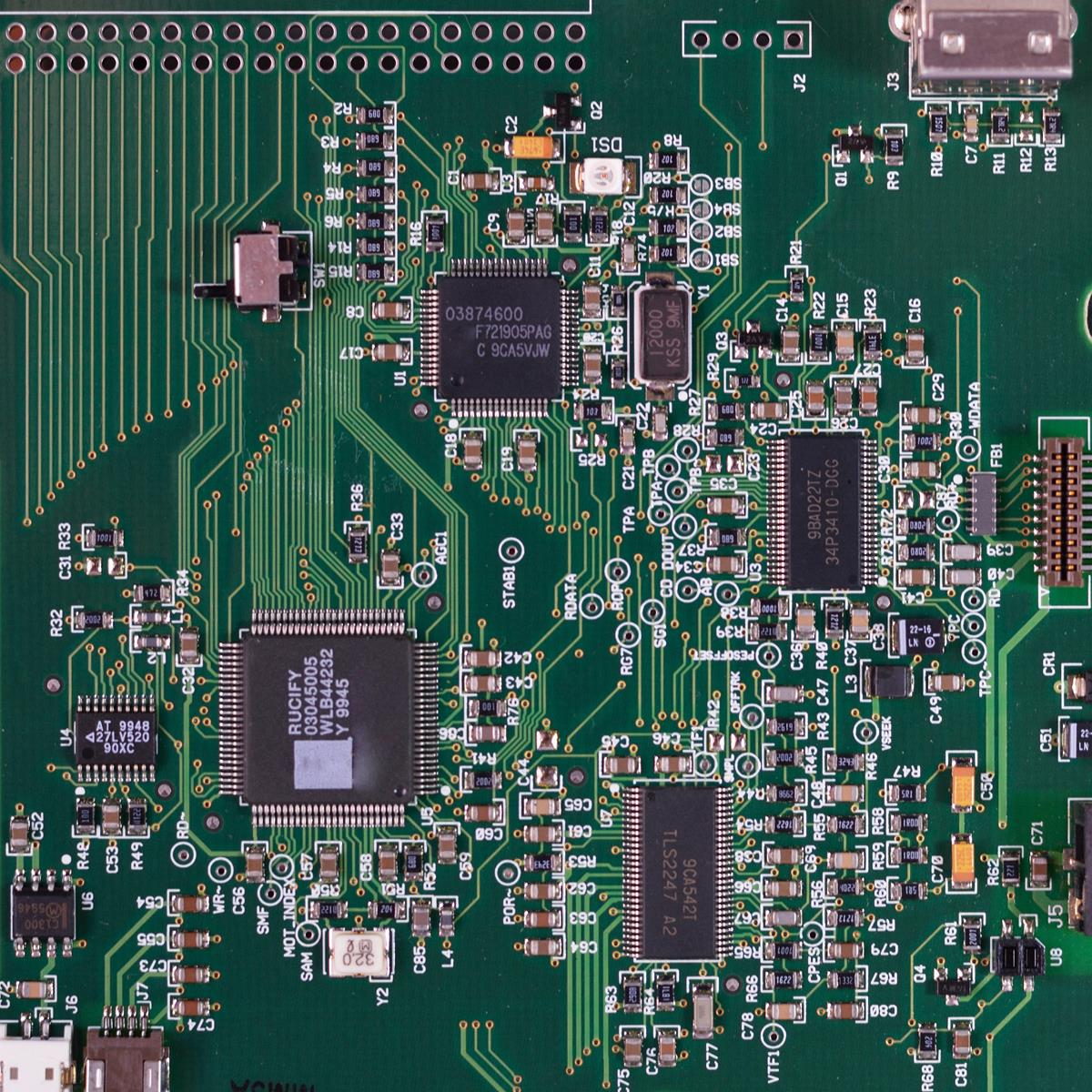Technology is the combination of various scientific processes, skills, systems, and methods utilized in the development of products or services or in their realization of particular goals, for example in scientific research. This technology also refers to the applications of these scientific processes and skills. In business, technology is defined as the application of science and technology to promote and make more efficient use of existing resources and to create new resources and goods. In engineering, technology is the arrangement of physical systems and human capital to meet the needs of society. Other fields that define technology include information technology, cultural engineering, environmental technology, computer technology, and applied science and engineering.
Technology has changed the world since its emergence. Societies which have not fully grasped the value of technology have suffered most from the technological breakthroughs. Some examples of the changes technology has brought to our lives include the following:
Computers. The invention of the computer revolutionized the information system and changed the way people thought about organizing, managing, and storage of information. Computers are the most widely used technology of the 21st century. They have changed the way people do business by providing businesses with sophisticated tools to organize and manage information. Businesses use computers to calculate figures, to plan activities, and to communicate with other companies and staff.
Digital information. Digital information can be stored, retrieved, manipulated, transmitted, or displayed electronically. Most digital information is created, managed, and maintained on computers. Digital technology also includes the Internet, digital media, and electronic mail.
Engineering. Science and technology play an important role in engineering. Engineers design, develop, test, inspect, and maintain components of the electrical, mechanical, and communication systems that help the enterprise function. Some areas of engineering, such as civil engineering, also encompass a large amount of non-technical activities. Examples include business process engineering, information technology, environmental engineering, and industrial engineering.
Business. In business, technology plays a key role in determining the success or failure of any activity. In particular, technology determines how information is transferred and how it is stored and used. Also, technology determines how customers to get their products and how they make sense of the world. In business, technology determines what strategies will be employed to compete and to develop new markets.
Education. Technology has become an important part of education in the last several decades. Educational systems are using technology to reinforce knowledge, increase comprehension, enhance student performance and to create better instructional opportunities. It is also helping to create new ways for teachers and students to work together to facilitate learning.
Government. Technology has become important in government too. Today, many federal agencies rely on information technology for decision making. This includes security, disaster response, communications, transportation, and surveillance. The development and adoption of new technologies are also changing the way in which government agencies communicate with each other. The development and implementation of new technology is also changing the way in which government offices and departments to communicate with their constituents and with the public.
Technology in the workplace. In today’s competitive business environment, employers have become very interested in learning how to use technology to improve their business performance. New technologies are being developed to help businesses gain an edge over competitors. Many employers are encouraging their employees to embrace technology and to develop a culture of open communication.
Technology in the home. Many people depend on technology in their everyday lives. Digital devices such as televisions, computers, and phones have changed the way we live. Many families now have both a television and a computer, and they rely heavily on these electronics for entertainment, communication, and for access to the Internet. Technological innovations have also opened up new opportunities for home-based managers who are able to conduct meetings and communicate with customers and employees from their office or home computer.
Technology in the public sector. In both the private and public sectors, there are also changes happening. Many public sector IT departments are embracing new technologies to help them streamline processes, increase productivity, and reduce costs. Public sector managers are also encouraging their staff to use these same technologies to help improve their own personal efficiency. This can prove beneficial to both the public sector and private sector.
Technology change is not always good, but it can sometimes be very bad. We have seen many examples of this in the past decade. Unfortunately, many businesses choose to adapt to new technologies rather than try and create something new that will take over the market. Many businesses also choose to wait until the technology is in a state of constant flux before trying to make any changes. This is a mistake that can hurt a business in the short and the long run.
